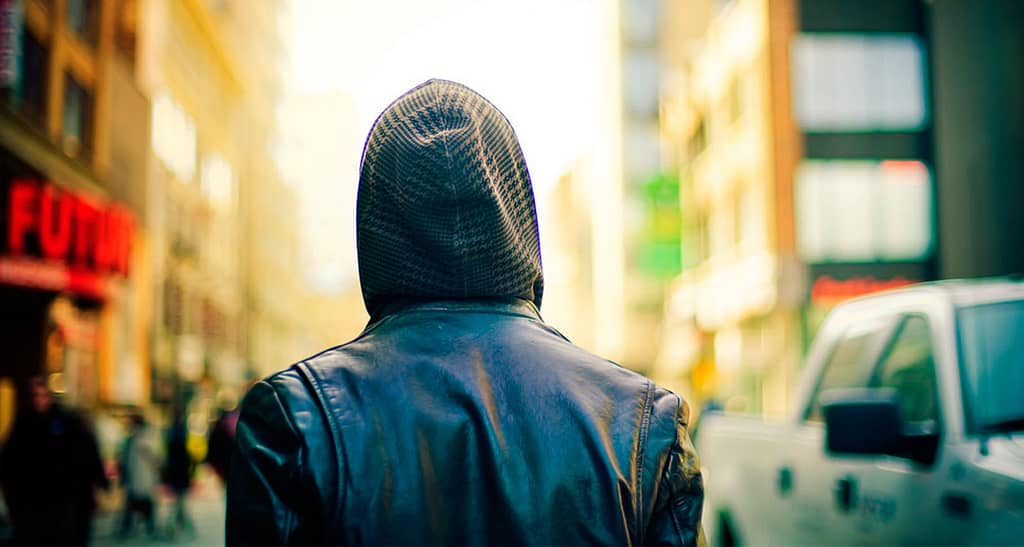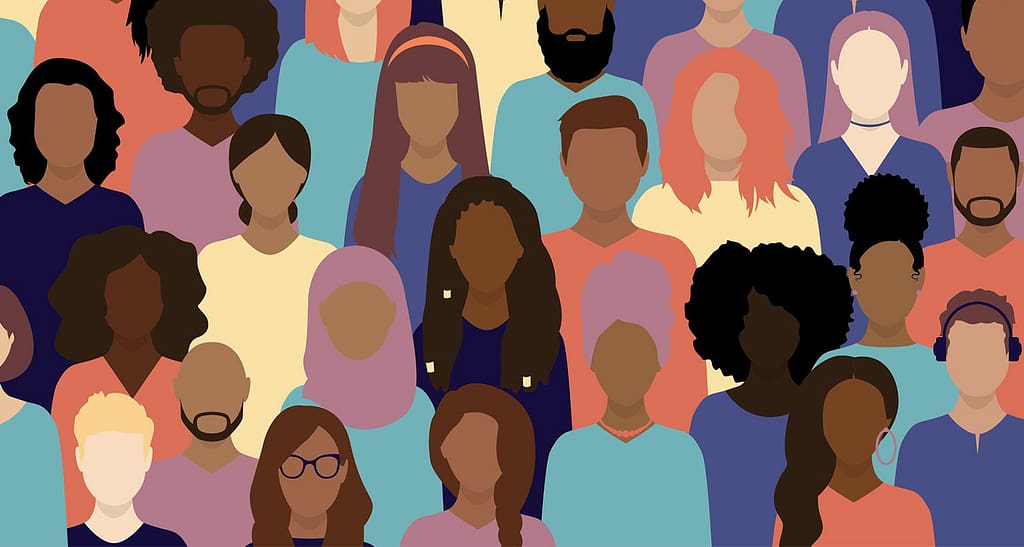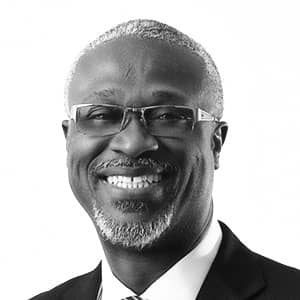
- Dr. Emmanuel Osei
- August 3, 2020
Facebook
Twitter
WhatsApp
Telegram
Email
Dealing With Racism on the Ground
The attitude and comments of some individuals demonstrate their racist, ignorant and prejudiced views. Where does one turn when they are victims of racism and prejudice? Is there any recourse for those who have been discriminated against because of their race or ethnicity?
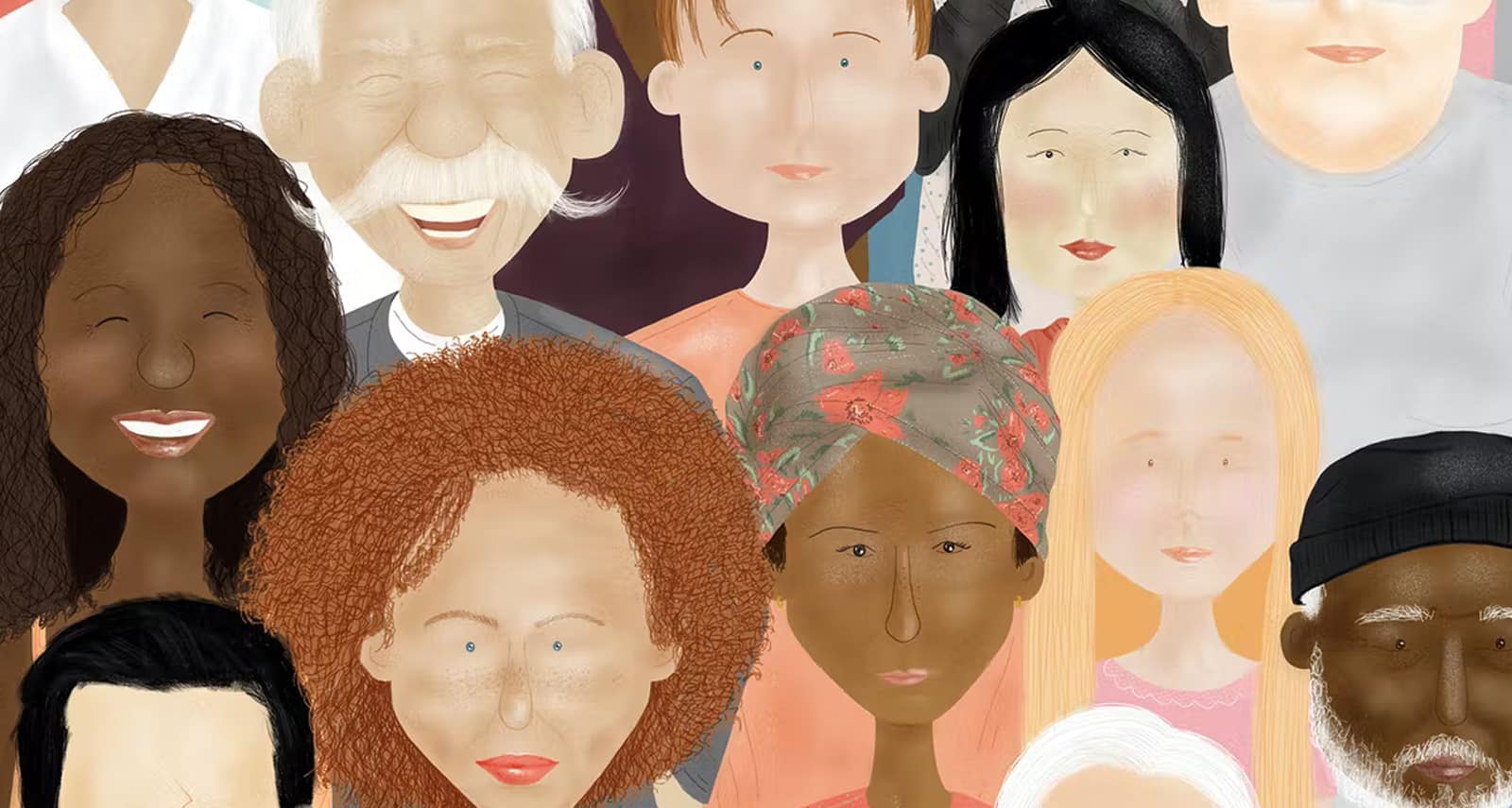
The term Racism has been defined as ‘a belief or doctrine that inherent differences among the various human racial groups determine cultural or individual achievement, usually involving the idea that one’s own race is superior and has the right to dominate others, or that a particular racial group is inferior to the others’. Another definition of racism is ‘hatred or intolerance of another race or other races’.
In light of the above definition, there are two major issues that come to the forefront within our narrative and experience of ‘racism’. Firstly, we are of one race, the human race, therefore what is termed as racism of one colour or nationality is actually a prejudicial construct of ignorance that promotes a hierarchy of shades and complexions. This topic of the plurality of ‘races’ is a contentious subject but holds little value when seen through the biblical lens of Creation.
Secondly, you cannot have racism within your own people-group. You can, however, have prejudice. Prejudice is defined as ‘an affective feeling towards a person based on their perceived group membership. It is often used to refer to a preconceived, usually unfavourable, evaluation of another person, based on that person’s personal characteristics and not based on actual experience.’ Unfortunately, the term ‘racism’ is used flippantly and interchangeably with ‘prejudice’.
Consequently, we cannot leave unchecked the black/white ‘racism’ experience within our church; but in the same breath, we can never ignore the prejudice that exists within our own communities.
I have discovered that, as members of the SDA Church, we are tribal. We prefer the company of our own people-groups. We would travel past two or three churches to attend a church and worship with those whom we have much in common. Interestingly, within our people groups, we still have sub-divisions. For example, among the Romanian-speaking congregations, there are Romanians, Ukrainians, Hungarians and Moldovans. Among the Portuguese-speaking congregations, there are the Brazilians, Africans and those from Portugal. Among the Asian congregations, there are the Filipinos and Malaysians; then there are the Indians, Sri Lankans, Bangladeshis, Pakistanis and Nepalese. Among the black members in most of our congregations, we have Africans and West-Indians. Among the West-Indians we have different Islands, each with their own accents and patois. Sadly, racism and prejudice are promoted by those who, by their words and actions, believe the bigger island is superior to the smaller island. Among the inhabitants of the Islands, there are Indians, whites, Chinese, and blacks. They also have fallen into the racist and prejudicial belief that the lighter their complexion, the more superior they are.
When you consider the African continent, there are 54 countries with between 1500-2000 languages spoken. It becomes very easy for racism and prejudice to occur in such diversity. Regrettably, in our church we are not free from the ugly disease of racism, bigotry and prejudice. It is not a topic that we are comfortable speaking about, even though we know it exists. There may be reasons why we don’t speak about this. Some people believe we are racists for even speaking about the subject, and that we are attempting to cause further divisions in the church. We would quicker share our racist and prejudicial thoughts with those of our own people group, and then publicly deny the fact that we are closet-racists. It is only when racism rears its ugly head and is seen in its ugliness that we arise and are compelled to speak against it. This was evidenced in the case of the recent murder of George Floyd, which has served as a catalyst for many organisations to scrutinise their practices with the hope of dealing with systemic and institutionalised racism and prejudice.
Consequently, what happens when racism and prejudice are manifested in our church? We very often see this clearly when it comes to Sessions and local church elections. Racism and prejudice raise their ugly head during board and business meetings. The attitude and comments of some individuals demonstrate their racist, ignorant and prejudiced views. Where does one turn when they are victims of racism and prejudice? Is there any recourse for those who have been discriminated against because of their race or ethnicity?
As a church, we have been very silent on this matter and have allowed racism and discrimination to go unchecked. At our recent Directors Meeting, after two months of discussion and contemplation, we decided that the church can no longer remain silent. We took a decision to set up a committee and draw up terms of reference for a special committee which would meet and listen to those who have been victims of racism and prejudice. We felt it was necessary to give a voice to the voiceless and those marginalised because of their ethnicity. Racism, prejudice and discrimination are evil, devised by the Evil One to cause anarchy and separation from God’s divine plan; and if left to fester, they will not only be detrimental to one’s health on earth, but will cause one to lose out on eternal life.
So, remaining silent is not an option. Although we are at the initial stages of setting up this committee, we believe it is absolutely imperative for the health of our church as we move forward into the future. We cannot, we will not, allow the evil of racism, prejudice and discrimination to destroy this church that we love and that the Lord has died for.

How Should Christians be Different?
September 6, 2023
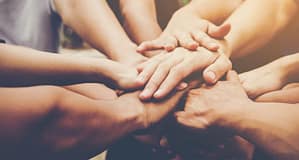
The Pastoral Caregiver – Bearer of Stories
September 6, 2023

What Takes to be Different?
September 6, 2023

The Beauty of Diversity Within the Body of Christ
September 6, 2023

The Butterfly, an Object Lesson of Transformation
September 6, 2023
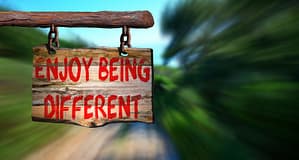
Mitigating the Risks of Cultural Compromises
September 6, 2023

Embracing Christ-Centered Counterculture
September 6, 2023







